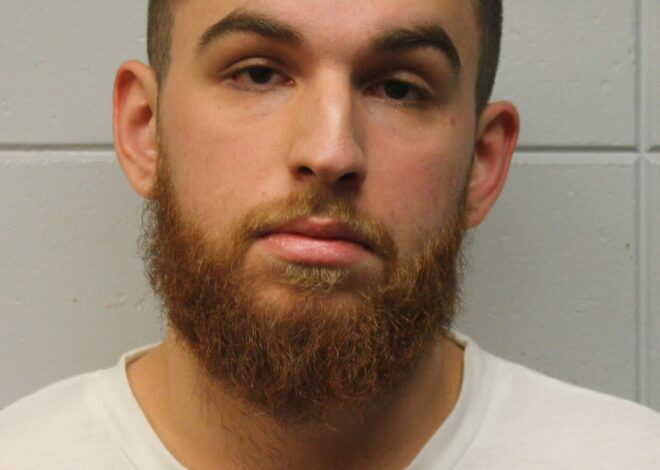Bill Allowing Concealed Weapons At Colleges Moves To House
PIERRE, S.D. (AP) — Over the objections of some student representatives and South Dakota’s Board of Regents, a legislative panel approved Thursday and sent to the full state House a proposal to allow people 21 years or older to carry a concealed weapon on the six public university campuses.
The House Local Government Committee voted 8-5 to approve the plan, which would only allow universities to prohibit weapons only in dormitories or campus housing. The head of the Board of Regents, Jack Warner, unsuccessfully urged the committee to abandon the measure because he said shootings on campuses are rare and the proposal would make students feel less secure.
State law requires a concealed pistol permit to carry a weapon or have it out of sight in a vehicle. But the Regents have a rule that guns are not allowed on public university campuses. Opponents said police and campus safety officials are there to keep students safe.
Rachelle Norberg, a senior at the University of South Dakota, told the committee that she would be reluctant to attend law school in South Dakota if the proposal becomes law.
“It’d be very hard for me to justify going to USD’s law school,” Norberg, 21, said after the meeting. “They want to make college students feel safer by allowing them to concealed carry, and I guess my opposing view of that is, while I want everyone to feel safe, I don’t think it’s fair to encourage someone’s safety and jeopardize another person’s thought of safety.”
Rep. Jim Stalzer, a Republican from Sioux Falls, said his plan was prompted by students who want to defend themselves on college campuses.
The group Students for Concealed Carry says seven states have some form of law governing campus carry. Texas lawmakers were also discussing on Thursday whether to legalize concealed handguns on college campuses and open carry everywhere else.
Stalzer said he wants to work to address some of the concerns with the South Dakota proposal, such as potential problems it could cause for university medical training programs located within private health care providers. He said he would likely never convince some opponents to change their minds, but pushed back against students’ concerns about feeling less safe if the proposal is enacted.
“They go off campus, they go to Walmart, they go to wherever, and if they run into me, they may well have run into a person who is armed,” Stalzer said. “I think that’s one of the deterrents of our concealed carry laws is you don’t know, and that makes it bad for the bad guy. I just totally dislike gun-free zones wherever they are.”
Republican Rep. Scott Craig, who supported the measure, said he believes it’s “very likely” students are already carrying concealed weapons on campus.
Three Republicans joined two Democrats in opposing the plan, but eight supporting votes moves it to the full House of Representatives.
Chelsea Gilbertson, a sophomore at the University of South Dakota who attended the hearing, said the committee’s decision frustrated her.
“That’s what upsets me most is that they have the audacity to sit up there and listen to us, say, ‘you did so well,’ and then say, ‘but we still don’t care about what you think,'” Gilbertson said. “You’re not the ones on the campus. Listen to the ones who will be.”


